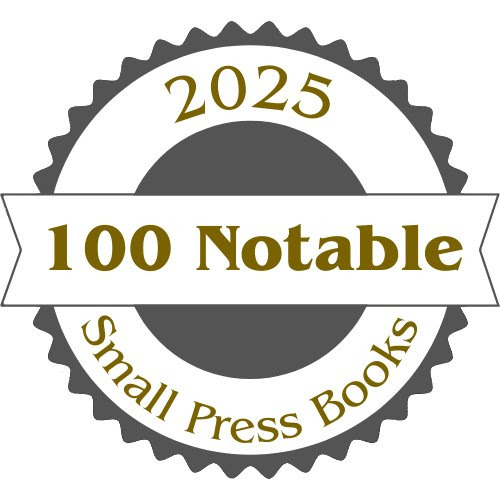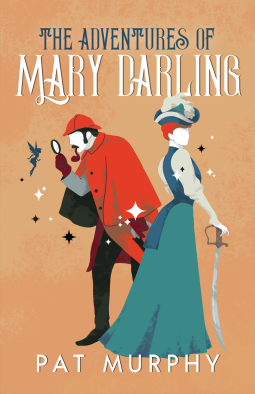Today I’m thinking about how we allocate meaning to objects. This is not a great theoretical thing. Specifically, I’m thinking that most writers I know will say “My character needs a drink” and allocate something to drink from. That something fits the world of their novel. If the character (let’s call them ‘Fred’) drinks ale, they may use a tankard. If Fred drinks wine, then a wine glass. Whatever they drink from tends to reflect the society they’re in. If Fred is on a space station, drinking something terribly celebratory and ancient, then Fred might gingerly unwrap the ancient wineglass, stop to admire it and to consider their five times great-grandmother who owned it in the 1950s and sip ordinary wine from it. The wine takes on attributes because of the vessel it’s drunk from.
From the author’s view, then, mostly it’s easy. What is Fred’s culture? When and where does Fred live? What important information does the drinking vessel communicate? Does the reader need to know that Fred’s wine drinking habit goes back nearly two hundred years, or does he just need to assuage his thirst? We write – in an ideal world – what we need the reader to see.
When I see a vessel as historical because it’s in a museum display case, I do what the reader does. I will check the card describing its origin and where it was found and then insert myself into its history. I am the reader. The person who wrote that card (‘Sheila’) gives it the context a writer does. Before Sheila, that glass had a quite different life. If Sheila chooses it to illuminate life in the Middle Ages and the glass is from the twentieth century (like Fred’s) then we have a clear and present misinterpretation. Even if the date and place are entirely correct, however, we’re liable to misinterpret. (and this next bit is a description of an actual exhibit in a very real museum) For instance, what if Sheila includes the glass as an example of daily life in an exhibition about the people of a specific city from the Middle Ages to about 1700? Obviously, she’s telling us that the epople in the city used glasses like this. And if the exhibition only showed Christian spiritual objects for the most part, she’s insinuating that religious Christianity is the main drive of life in that city.
But what if, historically, that glass was owned by someone Jewish? That focus on Christian religious iconography and that small space for everyday life implies otherwise unless she notes on the card “Most of this exhibition plays no part in the religious life of 20% of the inhabitants of those town. This glass was owned by one of those 20%.” That card might still be drowned out by the many rooms of religious art, but at least that one object points out that, just because most people thought this thing doesn’t mean that everyone did. It also helps people see that we attribute meaning to an object. That glass might be on my mother’s dinner table or lost in space, but ti’s still capable of being drunk from by quite different people. We allocate meaning. When we’re bigots, we allocate meanings that exclude or that even hate.
What does this mean for novels? Fred’s glass might belong somewhere different entirely. We only know what the novelist tells us. And if it’s an historical novel set in a place with a significant Muslim or Jewish community (say, a particular part of London, right now) and there is no indication of that in any of 200 noels by 150 writers, then when we read about Fred, we leave out actual people from actual places and times.
When most of the people who talk about Jews without checking our history, who talk over Jews, who tells us the world would be better if we were invisible, read novels, their view that Jews don’t have a history and should not have voices is confirmed. If someone Jewish then walks down the street and the reader sees them, they’re seen as exotic. That wine glass has helped remind the reader that Jews are exotic and alien.
If Fred is a woman and we use the world built by the people who wrote the 1960s (original) version of Star Trek, then the glass would be held by someone very feminine and with little agency. Even the most senior woman on the Enterprise is scripted as having little agency. That glass reminds us that she’s not permitted to serve herself wine, nor to break the glass and use the sharp shards to save the lives of everyone on board the ship.
In our lives, objects are not neutral. We assign meaning to them. Story matters, because story gives us that meaning. If 200 books with a setting where Jews lived do not contain Jewish characters then it’s worth looking for books that do. When women lack agency and plot points don’t hinge on them, find books where women matter. This applies to so many of us. We all tend to accept that novels and TV and film are about certain types of people only, that gender and size, and skin colour, and shape, and religion, and class, and agency, and even shoe size are all pretty standard.
However, that wine glass in that exhibition is never culturally neutral. Nor is our reading. When we ourselves walk down that street, we carry all this with us. We use it to navigate how we talk to people and what we talk about and how we judge them and what place in our lives we assign to them. Right now, Judaism is part of my awareness partly because I’m assigned to being outside the lives of many people I once knew, because one does seldom invites Jews to dinner or to walk in the park right now. My relationship to that wine glass has, then, been shattered entirely. My once-friends’ relationship with the glass has also been changed: no-one Jewish drinks out of any glass at their dinners.
Every single one of my novels asks about what baggage we carry in some way. For example, Poison and Light and The Time of the Ghosts are about women doing exciting things. Both novels contain Jews living lives with meaning. The Art of Effective Dreaming is about how we carry such knowledge and how we can change it if we want to. Langue[dot]doc 1305 questions where our interpretations of the world come from. The problem with writing such books is that a glass can never just be a glass in my mind. I need to know more about every place and every time, and I don’t need one bit of information about that glass.. I need to start off with a dozen. Then I can choose the one I need for that character at that point in time in that novel. My example of how that operates is in The Time of the Ghosts. Three women drink three cups of coffee. Each coffee reflects who the character is, and even the cups they drink from are quite different. One carries the cultural baggage of not questioning where things come from and accepting stereotypes, while the other two celebrate who they are.
 The 2025 list of 100 notable small press books is now up at Lit Hub. I was thrilled to work on this project along with about 40 other people under the gentle guidance of Miriam Gershow.
The 2025 list of 100 notable small press books is now up at Lit Hub. I was thrilled to work on this project along with about 40 other people under the gentle guidance of Miriam Gershow.

